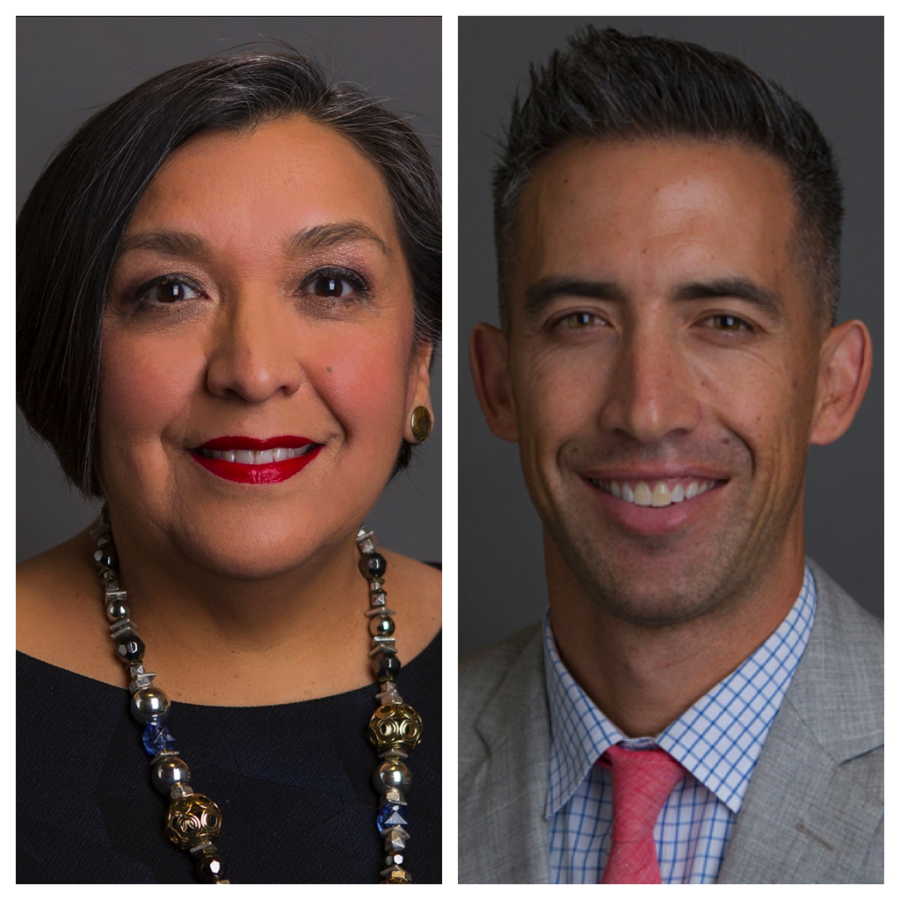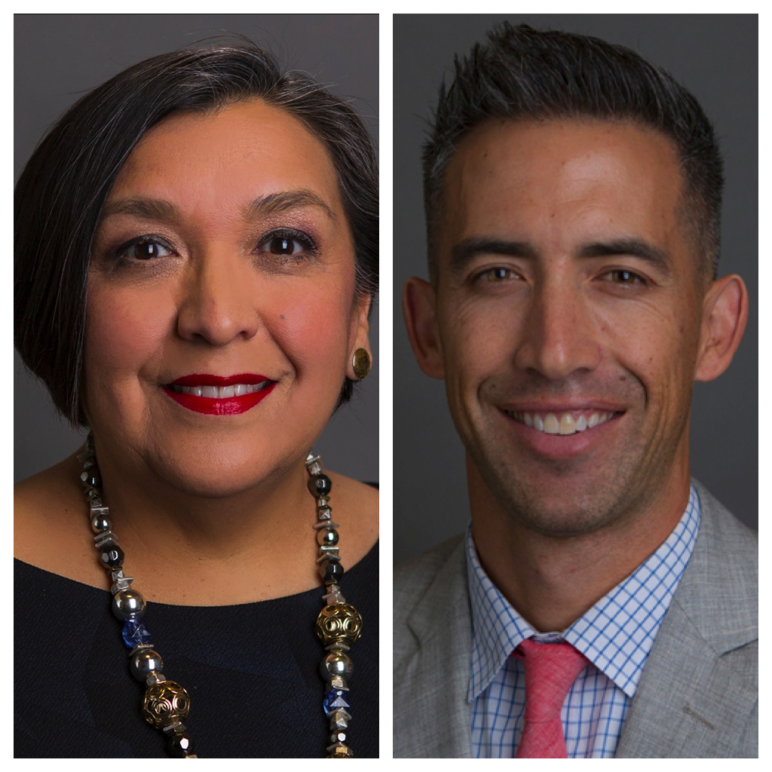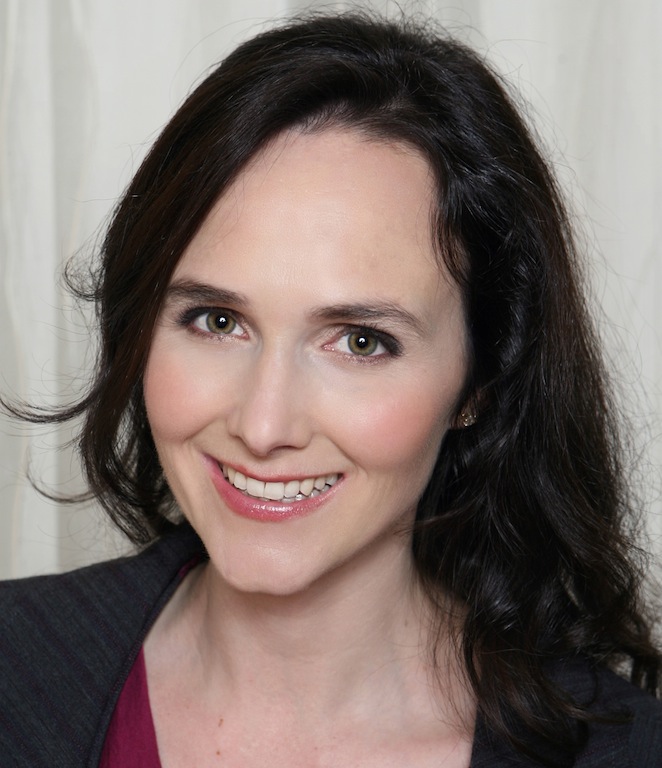As Washington lawmakers weigh the “local options bill” this session, Utahns are putting a similar measure into practice. The Beehive State passed a bill in 2018 clearing the path for cities to try ranked-choice voting. Six cities, including the fourth-largest in the state, are already on board and plan to use ranked-choice voting in their 2019 local elections. Utah’s third-largest city is moving toward testing it out in 2021.
In Utah, a dynamic cross-aisle duo—progressive Democrat Rebecca Chavez-Houck and conservative Republican Marc Roberts—championed ranked-choice voting bills in the house.
Chavez-Houck argued that ranked-choice voting will encourage candidates to appeal to a broader base. “As candidates, what you’re trying to do is convince a large universe of voters to support you,” she said in a 2018 news interview. “Because you’re hoping that even if they don’t rank you first, maybe they’ll rank you second or third.”
She also believes (and research shows) that candidates will focus on issues rather than attacking opponents.
“I think that in this time of divisiveness in our country, that’s something voters really hanker for,” Chavez-Houck said. “I’m excited to see how this tests in the cities that are giving it a whirl.”
Chavez-Houck retired in 2018 from the state legislature after serving as a House Representative for ten years.
Roberts pointed out that ranked-choice voting will allow voters to support a candidate they truly like rather than picking the lesser of two evils. “With ranked-choice, you can list your preferences. Currently, we have a system where you end up voting against people,” Roberts said during a floor debate.
The 2018 bill sailed to victory with 89 votes in favor between the House and Senate (only three voted against it). Its popularity could signify a change in attitude about voting reform: A similar measure was floated in 2017 and while it won a whopping 59 House votes in favor (compared to just 12 opposed) it stalled in the Senate.
The bills received broad bipartisan votes in the Republican-dominated House and Senate.
The six cities already taking advantage of the new opportunity in November 2019 are Cottonwood Heights, Lehi, Payson, Salem, Vineyard, and West Jordan.
In addition, Provo City declared its intent to try ranked-choice voting in 2021, saying it is interested in the benefits of the voting system, “including shorter, less expensive, and more civil campaigns; more reflective and representative results; and less expensive elections.”
Provo voters may have a particular interest in ranked-choice voting. In the 2017 mayoral election, the top two candidates selected in primary make it to the November ballot, but the third-place candidate in the primary was just a hair behind the second-place candidate—he decided to run in the general election as a write-in candidate. The result was a three-way race in which the winner won less than half the votes (a mere 40 percent). A ranked ballot would have let voters rank their favorite candidates and would have resulted in a winner with majority support.
Washington lawmakers could pass SB 5708 and HB 1722 this session to allow localities the freedom to adopt advanced voting systems, as Utah cities are doing.










Jeremy Faludi
I’ve been a fan of RCV for a while, but ran across this article that seems to make a strong argument for a different system, “approval voting”. I’d love to see a second opinion. Could you folks do an article on it vs. RCV? https://www.electionscience.org/learn/library/approval-voting/